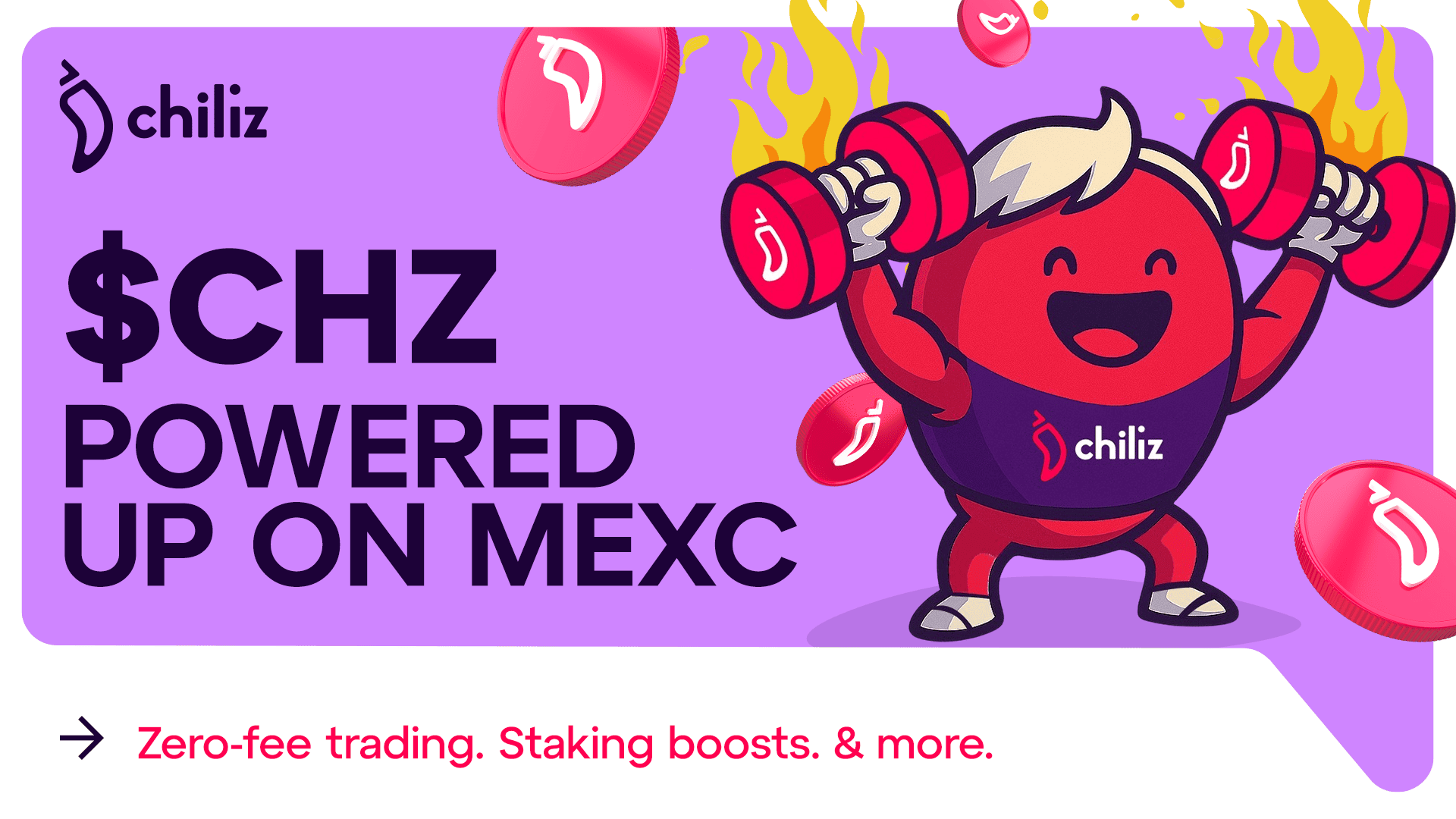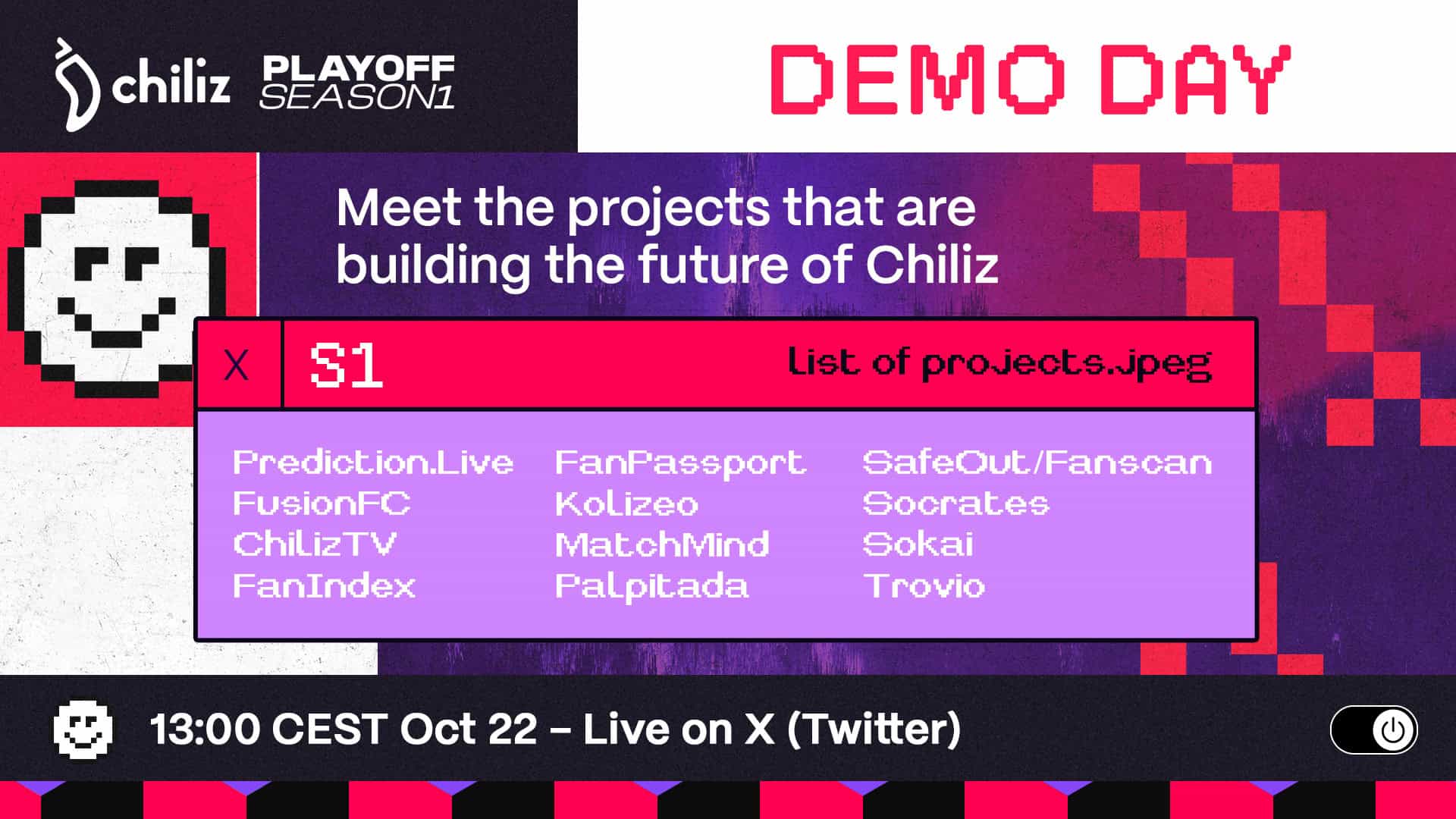- Independent academic researchers from leading Universities across Europe have found that Fan Tokens, digital assets used for fan engagement by major sporting organisations, strengthen attachment to teams, reinforce fan identity and provide exclusivity. The detailed report was based on findings drawn from 10 focus groups with Fan Token holders.
LONDON. JANUARY 25TH. Independent academic researchers from leading Universities across Europe have released a study into the motivations behind Fan Token consumption, finding that they are ‘tokens of identity’; digital assets that strengthen fan identity as supporters go about the serious business of following their teams.
The peer-reviewed study into the motivations behind Fan Token consumption involved 10 focus groups, 60 Fan Token holders and generated qualitative data, revealing that Fan Tokens serve a multifaceted role in the construction of fan identity.
Contributors included Argyro Elisavet Manoli, Associate Professor of Marketing and Management at the University of Bergamo, Dr Kevin Dixon, a social scientist specialising in the sociology of sport and author of ‘Football in Late Modern Life’, and Professor Georgios A. Antonopoulos, a criminologist and lecturer at Teesside University.
Fan Tokens, created using blockchain technology, have been adopted by nearly 100 elite teams, including the likes of FC Barcelona, Paris Saint Germain, Juventus and Manchester City, generating over 400M USD in revenue since 2019. They are at the heart of the ‘SportFi’ movement, which combines the worlds of sports and decentralised technology to empower fans, commodify sports as valued assets and enhance brand-fan relationships through Web3 technology.
The study found the following.
Fan Tokens are ‘tokens of identity’ that reinforce fan identity
The majority of participants confirmed that they engaged with Fan Tokens associated with the teams they support. In all instances the decision to purchase Fan Tokens came from a place of cultural entrenchment with the ability to own a branded digital club asset, together with the right to vote on club issues, increasing the sense of personal investment in the team and strengthening fan identity, as one Arsenal fan explained:
“I feel I’m more involved now, like I’m closer to the team. I’m part of some decisions and I love it. I don’t think I’ve felt this way before, so I’m loving it.”
Fan Tokens create a dialogue between the fan and the team
The study found that Fan Tokens have created a dialogue between teams and their fans, acting, according to participants, as a “mechanism for fan relationship marketing”. Fans appreciated being asked their views on club decisions, suggesting they had never before felt heard.
Fan Tokens create a sense of exclusivity
Participants in the study tended to view Fan Tokens as a badge of honour, with one participant stating “Fan Tokens draw us nearer to the club through interactions that are exclusive to Fan Token holders”.,
Fan Tokens are vehicles for democratic communication between fans and teams
Fan Tokens are vehicles for participatory fandom where fans actively contribute to the the decision making processes of their clubs. This “democratisation of engagement” represents a shift in the dynamic between clubs and their supporters and highlights the desire fans have for a say in club related matters.
Fan Tokens are a form of ‘playbour’
Playbour is a term coined by media theorist Julian Kucklich that describes a phenomenon where elements of play are integrated into labour or work related activities. The concept recognises that in the digital age people often engage in tasks that resemble play while contributing to productive outcomes.
In the context of Fan Tokens, playbour is evident because fans participate in gamified features, such as predicting match outcomes, hunting tokens and playing quizzes enhancing positive outcomes for themselves, because interaction leads to rewards, and, for the club, because improved fan engagement can have positive economic implications.
Fan Tokens transform the act of supporting a team into an active experience
The inclusion of voting and gamified features transforms fandom into an interactive, enjoyable endeavour where fans can participate in various activities related to their team and enhance their connection with the club.
Fans encourage Web3 innovation
Participants were attracted to the innovation behind Fan Tokens, who were excited to be involved and see the clubs they support innovate. Participants wanted to “explore the Web3 space and engage with new technologies and since the clubs they support were giving them a reason to do so they were supportive of their efforts”, as the following quote shows.
“We all got them straight away. It’s nice to know you’re involved and help make decisions. It’s nice to be heard. And I love it when they try new stuff. I love crypto and blockchain. Anything online, I’m in, so I love it when I can do this and be a fan.”
Fans are critical of clubs yet to embrace Web3 technologies effectively
Many of the participants were eager to criticise clubs that had yet to engage with Fan Tokens or Web3 technology, suggesting that they were not forward thinking and ‘stuck in the past’. One Manchester City fan summarised this position.
“This is now. Crypto, tokens, blockchain, this is what the future looks like. So, of course I want to be part of it. And if I can do that and be with my team, why not? I honestly don’t know what the other teams are doing. This is now, why are they stuck in the past?”
Emerging technologies often attract criticism from those yet to fully understand them
Participants perceived criticism of Fan Tokens as indicative of a lack of understanding, saying that “emerging technology often attracts criticism from those who have yet to fully understand it”. They contended that other forms of fandom have been historically misunderstood and labelled as a “waste of money”. The following quote sums this up:
“I read some stuff about it and I don’t really get the criticism. What is the problem with me buying tokens? I bought shirts and scarfs and hats before and no one made a single comment. Others buy memberships. So, why is it a big deal if I buy tokens? I’m just being a fan.”
Responding to the study, James Newman, Chief Corporate Affairs Officer for Chiliz, creators of Fan Tokens and the Socios.com platform, said: “The study justifies the strongly held beliefs and motivations that inspired us to innovate Fan Tokens and drive global adoption. And it tackles the criticism that has come our way, finding it’s largely led by a lack of understanding.
“Mass adoption of blockchain technology is inevitable and moving with the times is key, or, as one participant in the study was keen to note, you’ll find yourself ‘stuck in the past’.
“Now, things are accelerating again. The recent approval of the Bitcoin ETF will lead to greater institutional access and with new narratives in gaming, AI, digital cash and corporate use cases, data privacy, and more growing, not to mention the Bitcoin halving, there’s greatly renewed enthusiasm in the sector.
“And, as interest grows, we’ll continue to be pioneers for blockchain in sport, leading the SportFi movement by developing Fan Tokens and creating new use cases that resonate on a deeper level with digitally engaged sports fans in the Web3 era, providing more of the meaningful interactions sports fandom demands — because, being a fan is more than just a hobby or interest, it’s part of our identity.”











